Salt is a fundamental ingredient in cooking, enhancing flavors and transforming bland dishes into delectable meals. However, it's a fine line between perfectly seasoned and disastrously oversalted. If you've ever found yourself in a situation where you've added too much salt to a dish, you know the panic that ensues. The good news is that there are several ways to fix oversalted foods, ensuring your culinary efforts aren't wasted. In this guide, we'll explore practical tips and tricks how to fix an oversalted dish quickly and to rescue your meals, turning potential disasters into savory successes.
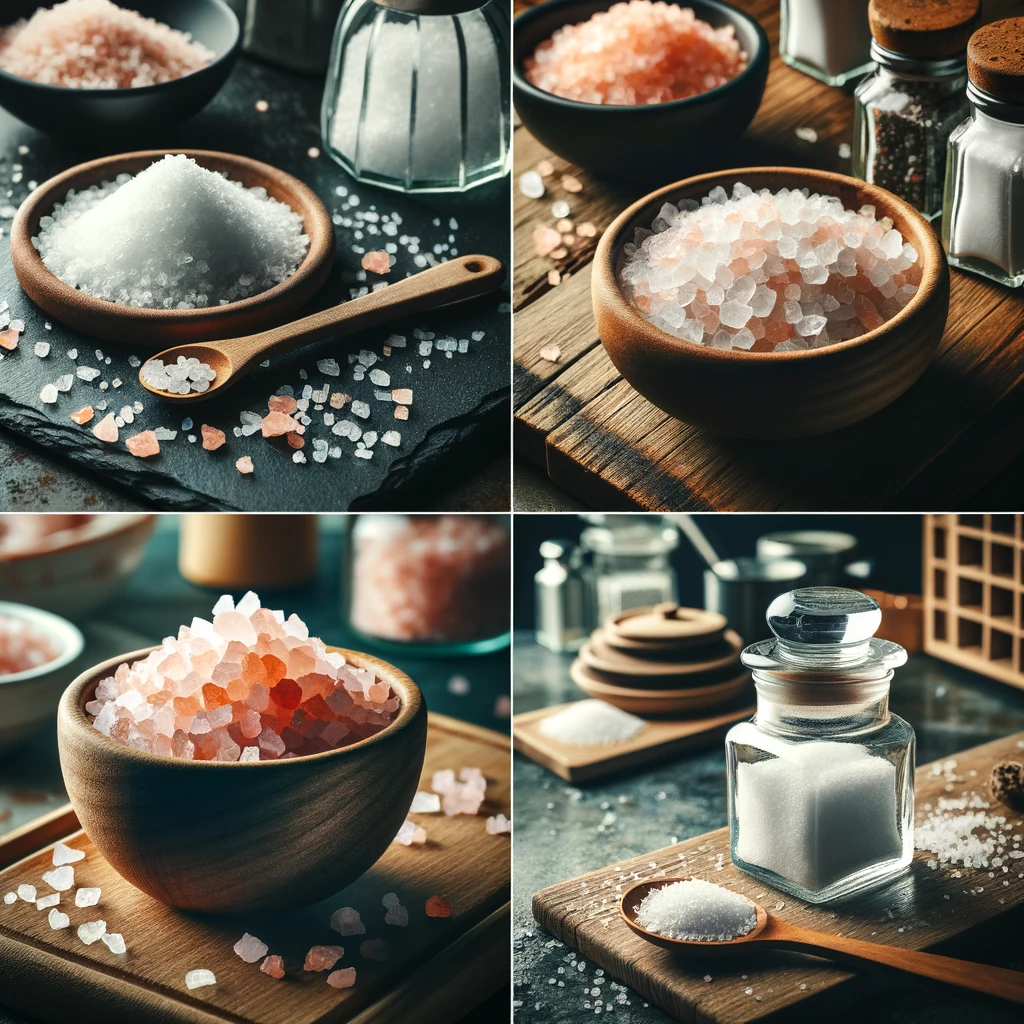
Understanding Salt's Role in Cooking
Before diving into solutions, it's crucial to understand why salt is so important in cooking. Salt doesn't just make food saltier; it enhances its overall flavor profile. It can balance sweetness, counteract bitterness, and make the dish more aromatic. Knowing how salt affects food can help you use it more effectively and avoid overdoing it.
Preventive Measures
The best strategy is prevention. Here are a few tips to avoid oversalting:
- Taste as You Go: Regularly tasting your food as you cook can help you gauge the saltiness level, allowing you to adjust seasoning gradually.
- Understand Your Ingredients: Some ingredients, like canned vegetables, cheese, and cured meats, already contain a lot of salt. Account for this when adding extra salt.
- Use the Right Salt: Different salts (table salt, kosher salt, sea salt) have varying levels of saltiness per volume. Knowing their differences can prevent oversalting.
Fixing Oversalted Foods
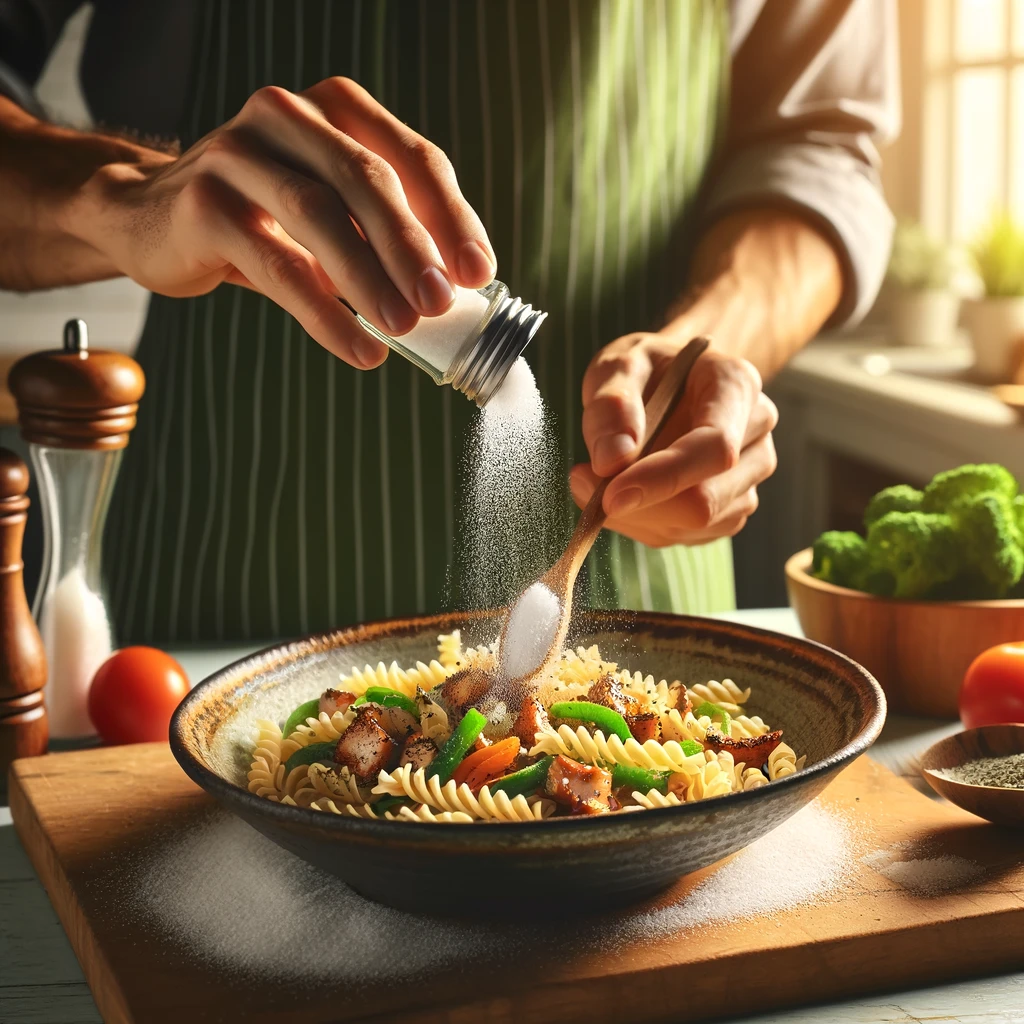
Despite your best efforts, if you find yourself with an oversalted dish, here's our how to fix an oversalted dish quickly with several techniques to mitigate the issue:
- Dilute the Dish: The simplest way to fix an oversalted soup, stew, or sauce is to dilute it. Add more liquid—water, broth, or unsalted stock—to spread out the salt concentration. This method works well when you have the flexibility to increase the dish's volume without affecting its quality.
- Add Bulk: Increase the quantity of non-salted ingredients. If you're making a stew or soup, add more vegetables, meat, or grains. For a sauce, consider adding more of the base ingredient (tomatoes for a tomato sauce, for instance) without additional salt.
- Incorporate a Starchy Element: Potatoes, rice, or pasta can absorb some of the saltiness. While the old wives' tale of a whole potato absorbing salt isn't entirely accurate, adding these ingredients can help distribute the salt more evenly throughout the dish.
- Use Acids and Sweeteners: Acidic ingredients (like vinegar or lemon juice) or sweeteners (such as sugar or honey) can help balance the saltiness. Be cautious and add these sparingly, as you don't want to overshadow the original flavors of your dish.
- Add Fat: A bit of unsalted butter or cream can also balance an oversalted dish, especially in sauces and soups. Fat can help mellow the saltiness and add richness to the dish.
- Make It a Component: If a dish is too salty to be saved by dilution or balancing, consider using it as a component of another dish. An oversalted stew might work as a flavorful filling for a pie or as a base for a less salty soup.
Learning from Mistakes
Each cooking mistake is a learning opportunity. If you've oversalted a dish, reflect on what went wrong and how you can adjust your approach next time. Perhaps you misjudged the amount of salt needed, or maybe you didn't consider the saltiness of other ingredients. Whatever the case, use the experience to refine your seasoning skills.
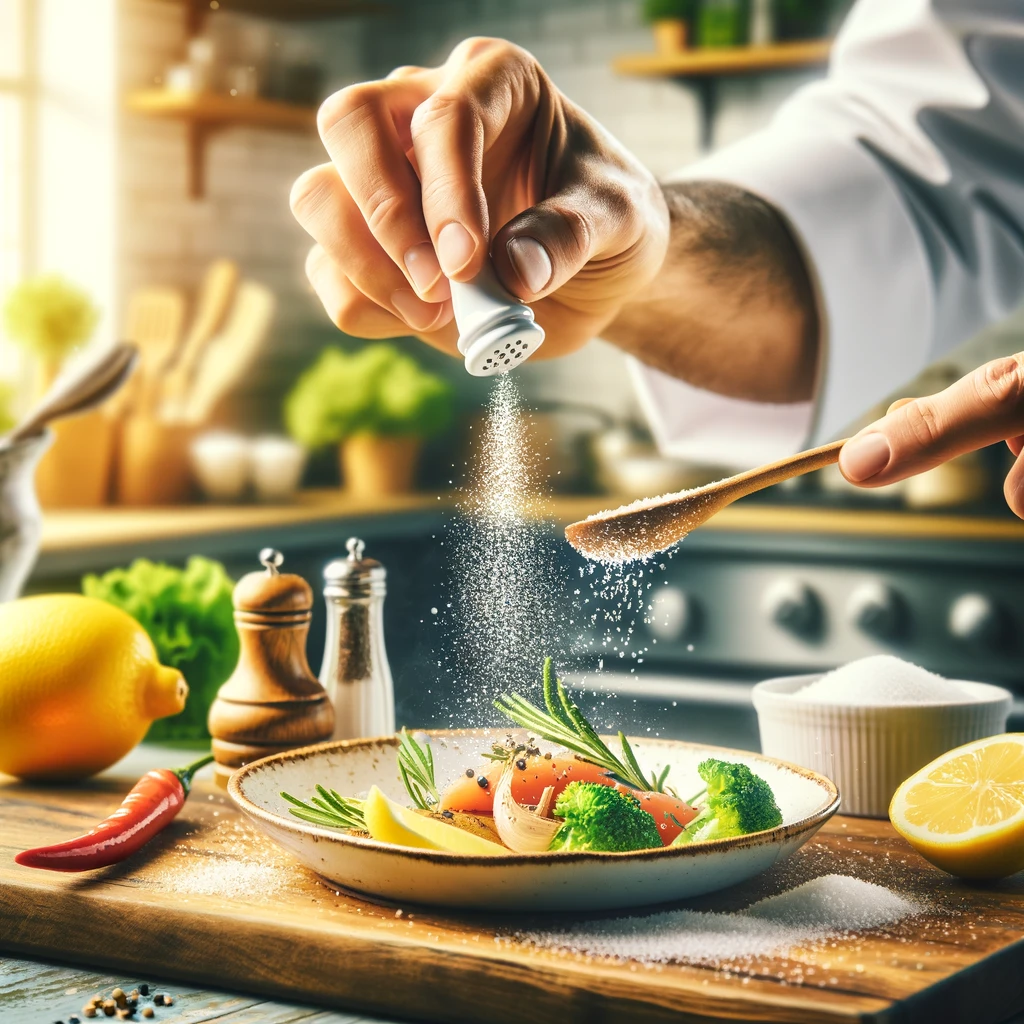
Conclusion
Oversalting can seem like a major culinary mishap, but with the right techniques, you can often salvage the dish and possibly even improve it. The key is to remain calm and creative, using the methods outlined above to correct the seasoning. Remember, cooking is as much an art as it is a science, and mastering the use of salt is a crucial part of that journey. By learning to fix oversalted foods, you're not just saving a meal; you're honing your skills as a cook, ready to tackle any challenge that comes your way in the kitchen.
RELATED
Looking for other recipes like this? Try these:

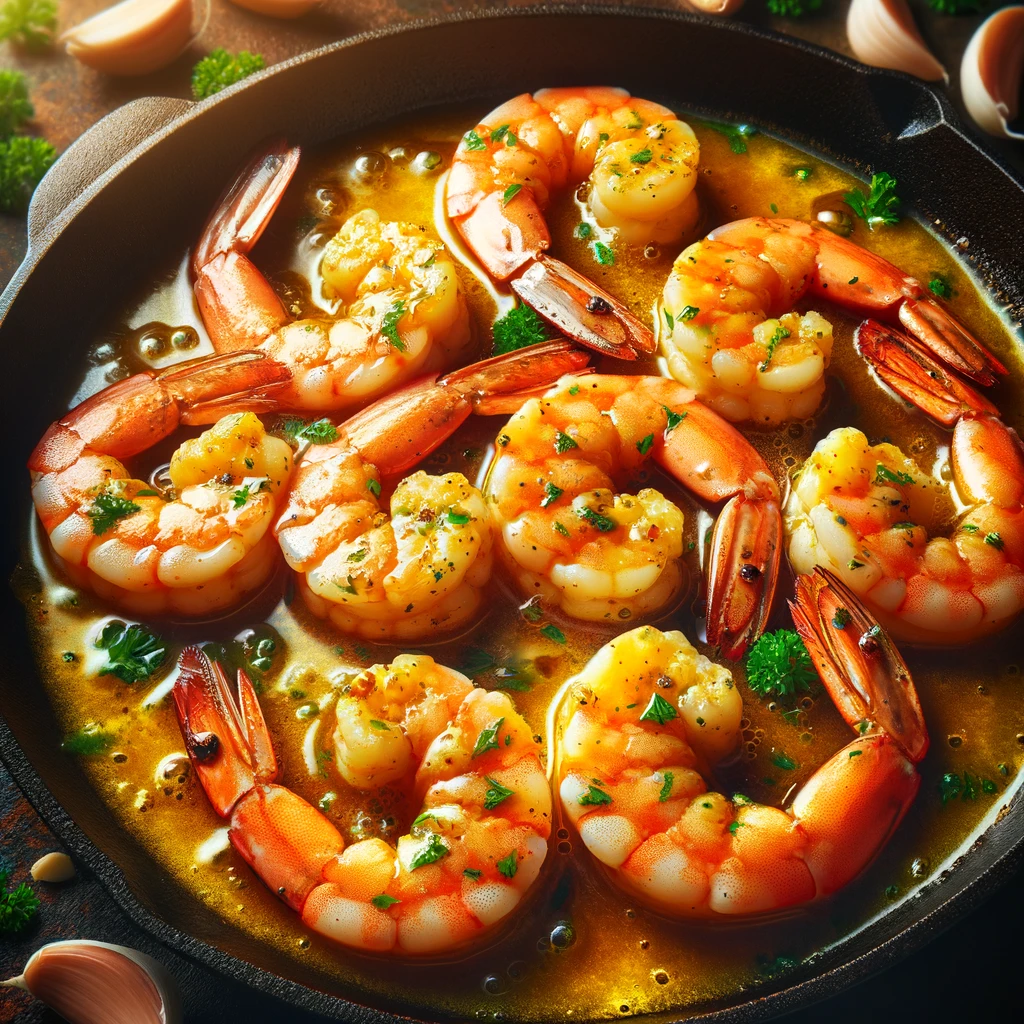
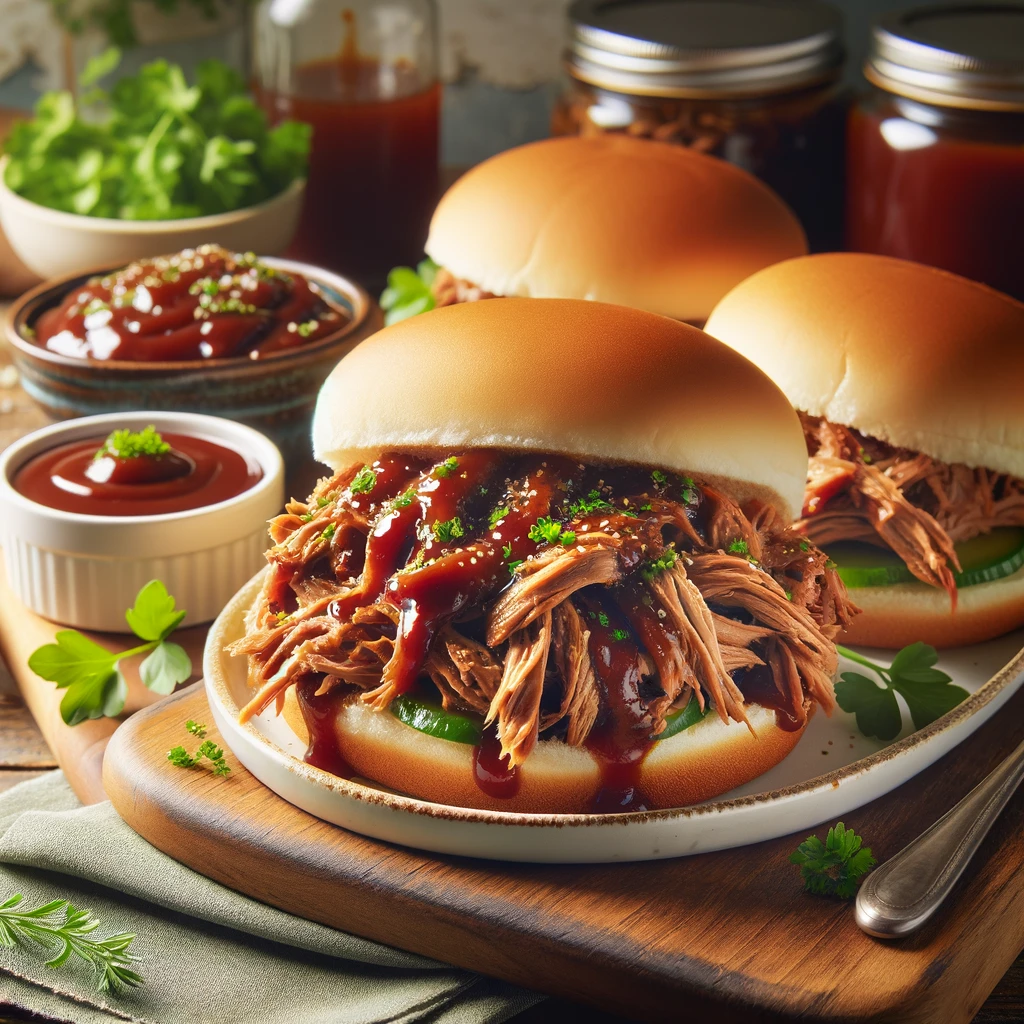

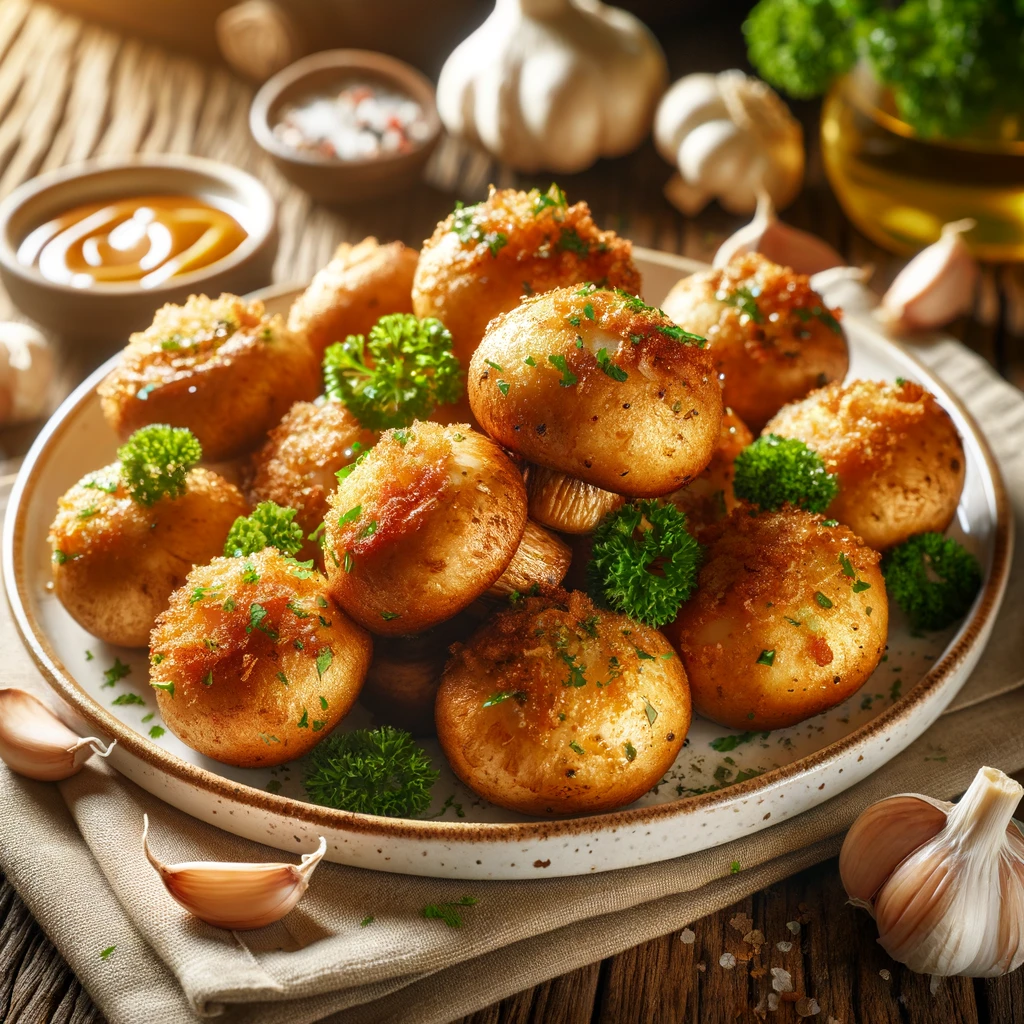
Comments
No Comments